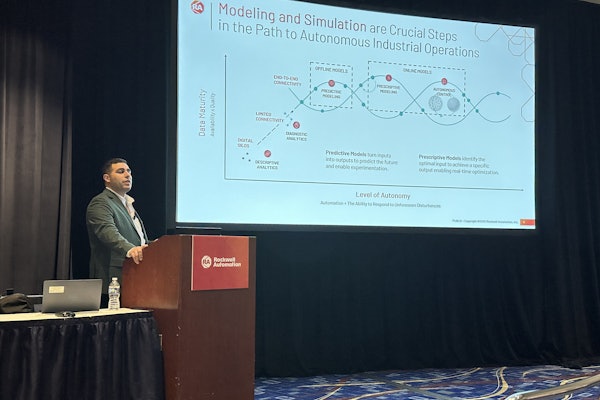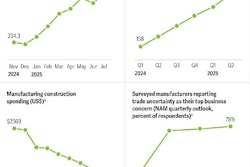
Lisa Propati began her career in manufacturing on the finance side of the business. So, it’s in her blood to be able to rattle off the aspects of a project that will make or lose money for the organization, from hours on the job to material costs.
Now, she is the vice president and general manager of Weiler Labeling Systems (WLS), a part of ProMach’s pharmaceutical business line that makes technologically advanced rotary and in-line pressure sensitive labeling solutions. The critical groups on Propati’s team include the engineers and technicians who create the high-quality customized equipment. The collaboration between those highly skilled technical people, Propati, and the other finance associates at WLS, ensures that projects are a financial success while simultaneously exceeding customer expectations with well-designed and manufactured machinery. An important message to take from this is that frequently, leaders are not experts in every aspect of the business, and that’s okay, as long as the diverse team can work together with the same goal in mind.
In the business of manufacturing, it’s important to seek out cross-functional information. Regardless of what role you have, taking time to talk to the other experts in your business to figure out the areas where you may be deficient of knowledge can be invaluable.
“I openly admit that engineering is an area that is not my expertise because I come from the financial side of the business,” says Propati. “But that doesn’t mean that I get a pass to not understand the machines. I’ve improved my knowledge of the machines and can tell you how they operate. I’ve spent time on the factory floor, which is always a good idea for bridging the gap between functions.”  Lisa Propati, Vice President and General Manager of Weiler Labeling Systems, a division of ProMach.
Lisa Propati, Vice President and General Manager of Weiler Labeling Systems, a division of ProMach.
Just as she’s taken the time with her technical experts to learn the basics of the production process, she has helped the individuals in engineering, marketing, sales, IT, and HR, understand the financial reporting, including the cause and effect of budgeting and actual results. These lessons were not necessarily taught from a textbook, but from informal conversations with co-workers. “You need to form relationships and spend some time with other people in the company to understand what each department does and how they work together,” Propati explains. “Through those relationships is where you’ll learn more.”
Ask the Question




















